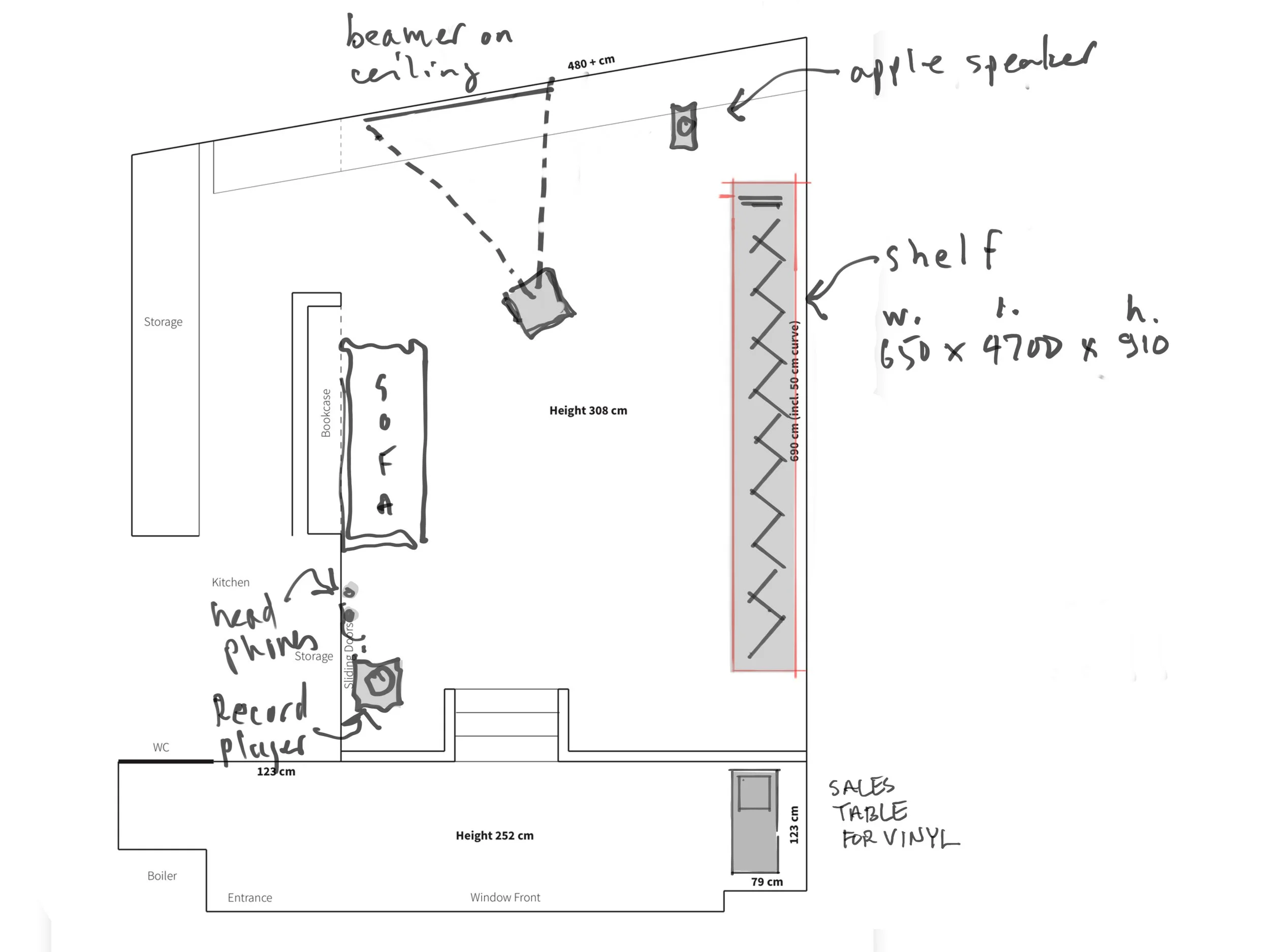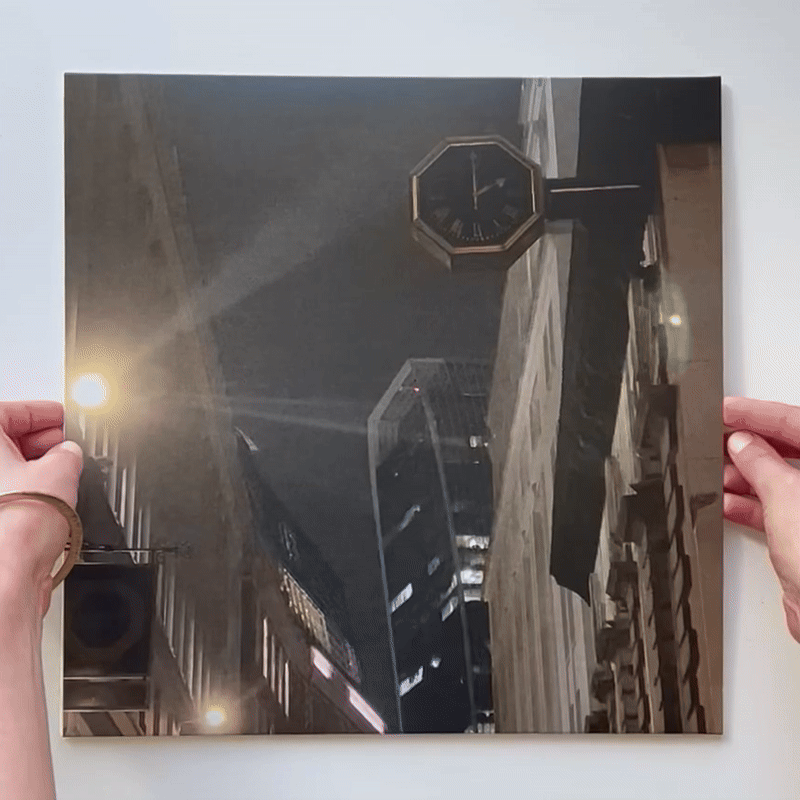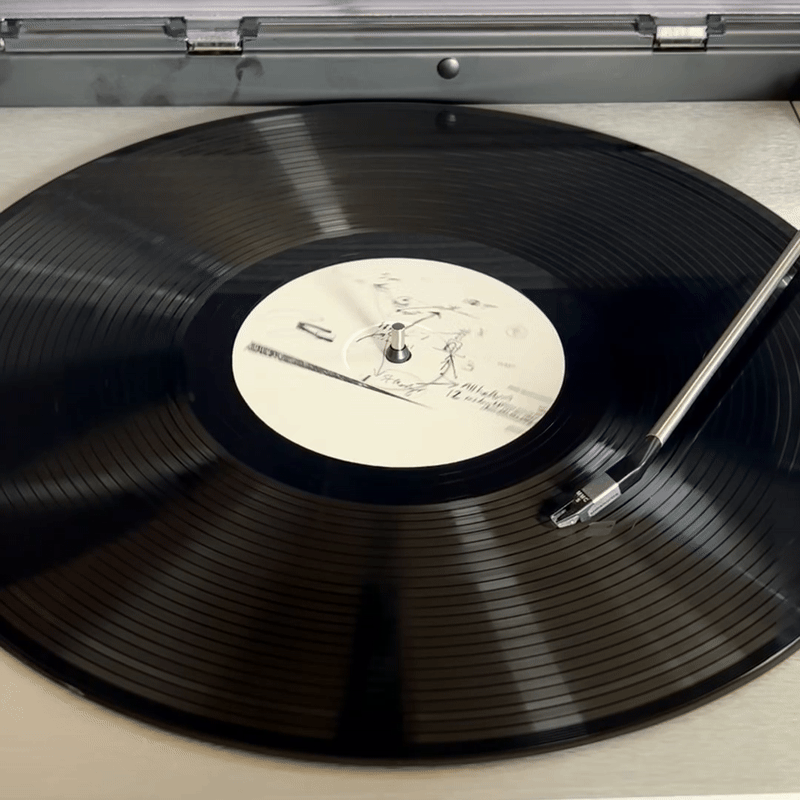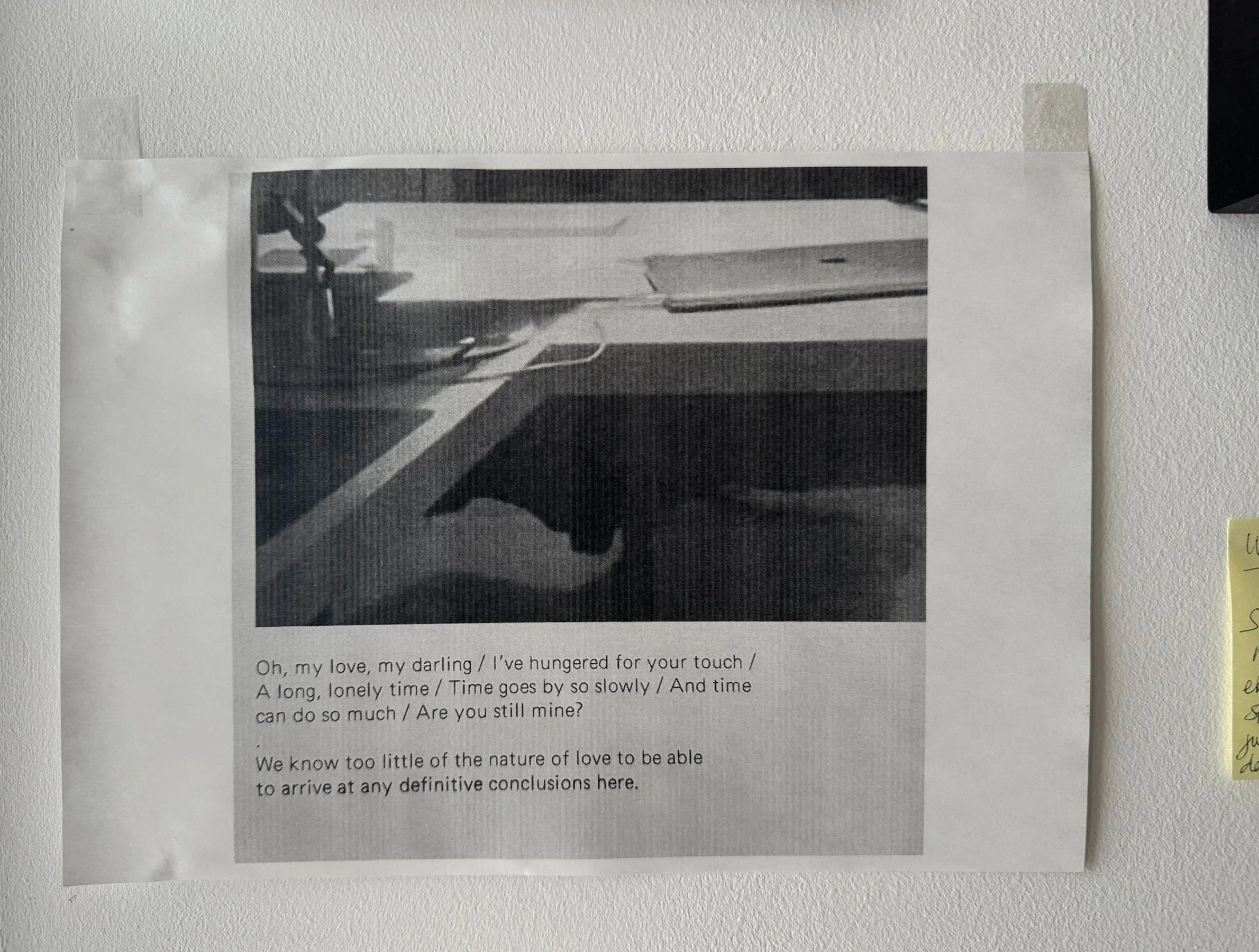RECORD TRANSCRIBE POST: 24 HOURS IN LOCKED-DOWN LONDON, MAY 3rd, 2020, SPECIAL EDITION, 2022.
LAUNCH EVENT: Saturday May 3rd, 2025. Bartha Contemporary, London
Susan Morris in conversation with artist, writer and publisher Sharon Kivland,
chaired by Rory Cook, editor of Monitor Books.
Susan Morris
RECORD, TRANSCRIBE, POST:
24 Hours in Locked-down London, May 3rd, 2020
We are delighted to invite you to the launch of Record, Transcribe, Post: 24 Hours in Locked-down London, May 3rd, 2020, a limited-edition publication by Susan Morris.
At 3 PM (SHARP), Susan Morris will be in conversation with artist, writer and publisher Sharon Kivland, chaired by Rory Cook, editor of Monitor Books.
The gallery will be open to view the work from 11 AM to 4 PM. We look forward to welcoming you to our space.
In late spring 2020, as the world entered the first wave of the COVID-19 pandemic, Kunsthaus Biel Centre dʼart Bienne, Switzerland, invited Susan Morris to take over its Instagram account for 24 hours. Morris used this opportunity to construct a durational piece—filming and posting a short, captioned video from her home city of London, on the hour, every hour, for the full day.
In 2022 Morris collected the material together into the publication we present here, on the five-year anniversary of these events. RECORD, TRANSCRIBE, POST consists of a 24-page Leporello in a slipcase, an etched vinyl record, and a 24-minute film. As Morris states, ʻThis could all have remained on Instagram alone, but as our distance from the events of the pandemic grows, I feel more strongly the need to preserve something of that extraordinary time period’.
Invitation design by Studio Jules Estèves.
Plan of installation, Record, Transcribe, Post: 24 Hours in Locked-down London, May 3rd, 2020, held at Bartha Contemporary, London, May 3rd, 2025. Drawing by Trevor Horne.
Sleeve notes, Standard Edition, Record, Transcribe, Post: 24 Hours in Locked-Down London, May 3rd 2020
Sketch for an invite: Launch event for Record, Transcribe, Post: 24 Hours in Locked-down London, May 3rd, 2020, held at Bartha Contemporary, London, on Saturday May 3rd, 2025.
Susan Dear, we are told so many stories about the catastrophic, in these days, in those times, the disaster of the Palestinians now, the slaughter of the Muntzerites then, on the killing fields of Frankenhausen, which might be seen as an originating catastrophe of modern Europe, flattening the fields in preparation for Dachau, setting the mode and mood for Holocaust. In my mother's family, as you might know, it was the forced departure from Seville in 1492, that seemed more immediate than being abandoned by a lover or a death in the quotidian present. Oddly, in the precession of events, catastrophe and chaos come first. The glorious destructive violence of Krakatoa opened up our first lessons in geology, the extinction of the dinosaurs an introduction to archaeology, the Asian Tsunami a marker in a new awareness of the world and the availability of disaster as a spectacle. We wander around Pompeii and Herculaneum, gloating on the fall of civilisations, one eye alert to the sublime beauty of Vesuvius, even while nuclear dust might be wafting its way from Chernobyl. Much of catastrophe depends on when and how and where we enter the scene, on the scenography in which we play out our part. The creation of the animals was a catastrophe for the serpent, that lost its legs when a vengeful deity stripped them away for its independence of mind and speech. Later in the same scriptures, Jonah's catastrophe is not just the withering of his gourd, but his god's refusal to destroy Nineveh, after all, while elsewhere the cities of the plain are totally consumed by fire, for the greater glory of world literature. In your case, the Jacquard device, patented in 1804 during the Napoleonic wars, became a catastrophe for the production of fancy fabrics in Britain when trade was resumed; redoubling that of the slaves in Cotton plantations to produce more cotton for plain fabrics, and further destroying the indigenous economy and forms of life in India to extract fancy patterns made on the cheap. However I think about that, and you, and your work, that I so love, no I won't say that art can save us, but that it can weave the catastrophic into strange, new beauty.
fondly,
A
LETTER FROM ADRIAN RIFKIN, MARCH 23rd, 2025, in response to my request for something on the theme of catastrophe – that it is endless, a theme also explored by Sharon Kivland in her book Almanach, from which Kivland read at the launch of Record, Transcribe, Post… I intend to return to this theme at a later date.



























